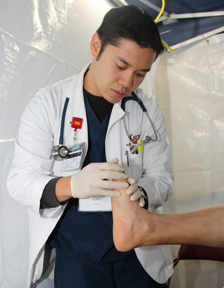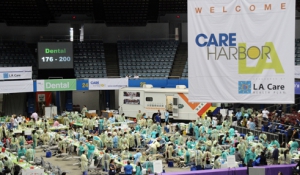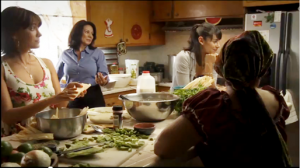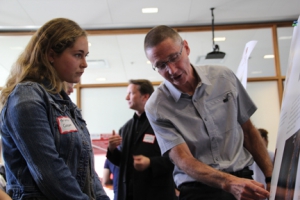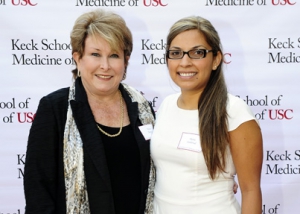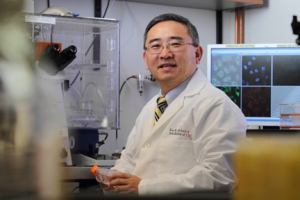Mark Humayun named inaugural director of the USC Eye Institute
By Leslie Ridgeway
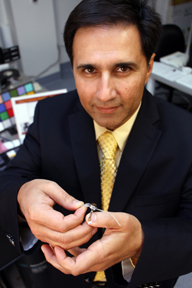 Mark Humayun with the Argus II artificial retina implant.
Mark Humayun with the Argus II artificial retina implant.
(Photo/Jon Nalick)
Mark Humayun, MD, PhD, internationally known for his work on the Argus II artificial retina implant intended to restore sight to the blind, has been named the inaugural director of the USC Eye Institute and interim chair of the USC Department of Ophthalmology.
In his new role, Humayun will take the reins in overseeing advanced surgical techniques and comprehensive care for patients. He will also continue to lead and guide cutting edge transformative research. … Read More »


